Ugly and Uglier: A Tale of Two Saloons
Written and photographed by Isaiah Winters.
Gwangju has a nearly inexhaustible supply of architecture so ugly that it borders on self-parody. As it’s my monthly privilege to showcase the best of this city’s worst, November’s edition of Lost in Gwangju features two such fugly locales right across the street from one another in the Sangmu District. One’s merely a tasteless display of proletarian aesthetics left unchecked, while the other’s an ostensibly prosperous establishment whose demise exposed the Seo District Office’s failure to conduct biannual safety checks.
As for the former, I present to you a three-story biodome encapsulating a café, bar, and singing room that was last named DDoDDo until it, ahem, went the way of the dodo. Still stocked with plenty of lukewarm booze, it’s a wonder that so few inebriates have turned up to drink the place dry even after its closure. To give credit where credit is due, the relative dearth of looting is one of the many facets of Korean society that’s impressed me over the years. Like Japan, there’s something about Korean society that discourages this type of behavior, which is a welcome change from much of the rest of the world.
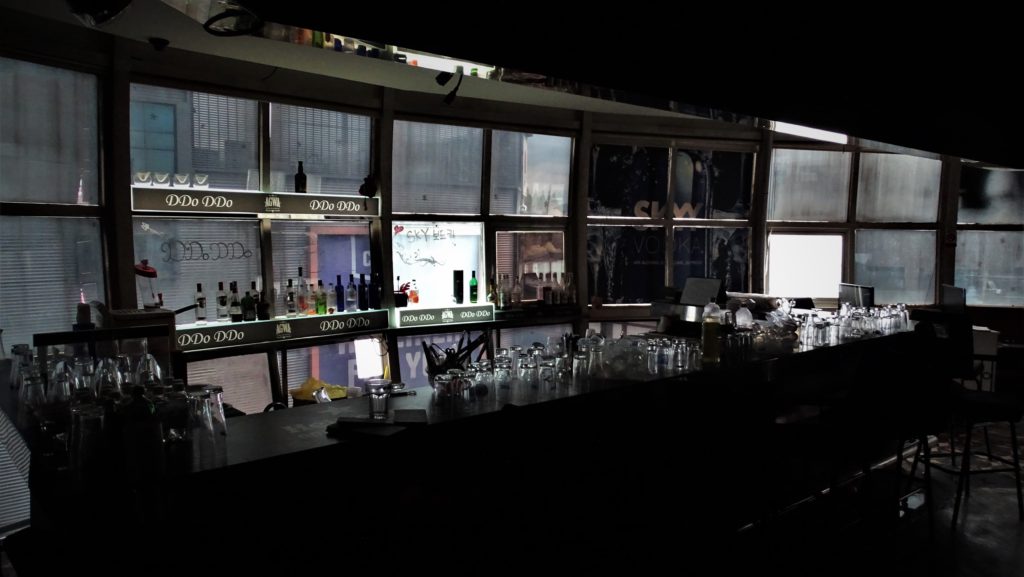
Though profoundly aesthetically challenged, DDoDDo’s main issue is actually that its glass-paneled exterior causes a serious greenhouse effect inside. The warm fall day when I entered left me pouring with sweat and wondering how much it must have cost to cool the place during warmer months. The singing rooms on the uppermost floor were particularly steamy, though I did admire their impressive view of Sangmu. The silver lining is that winters in DDoDDo must have been fairly warm, for whatever that’s worth.

There’s little reference to DDoDDo’s demise online, but judging by its now inactive social media accounts, the bar seemed to have been at its liveliest from 2014–2016 as a place for playing darts. The rooftop deck around the base of the DDoDDo-sphere was also active around the same time as a glamping site overlooking the city. Redundantly named “Hang Out Camping Rooftop & Camping,” the deck is still pitched with tents in the shapes of a teepee, Volkswagen vans, and a badly weather-beaten yurt.
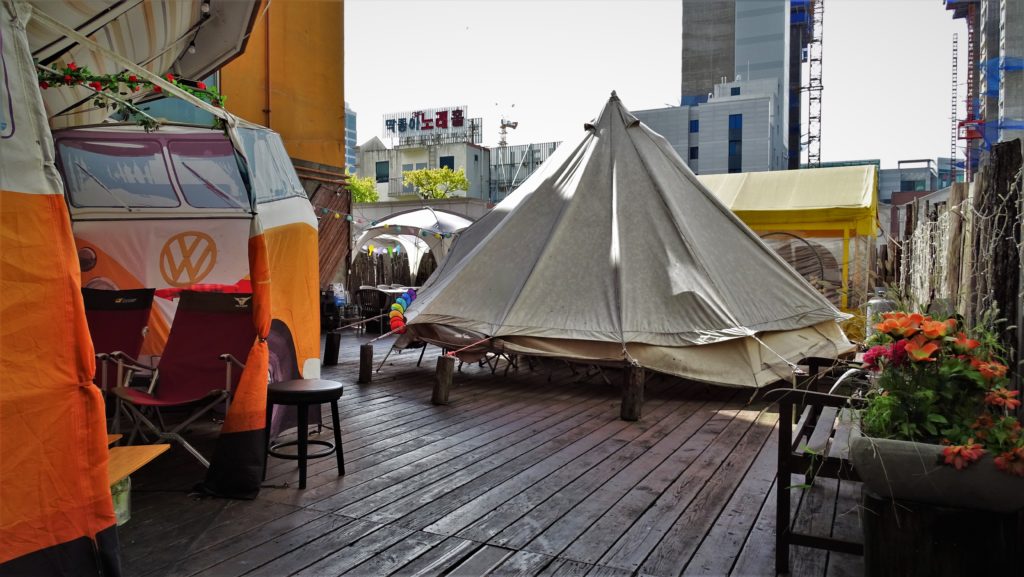
Though irredeemably tacky, there’s something endearing about these bad ideas that were eventually taken seriously enough to come to fruition. They remind me of the nostalgic episode of The Simpsons where Homer’s car-manufacturing half-brother allows him to design a car for the American Everyman, to disastrous effect. Similarly, when viewed with a sober pair of eyes only a few years later, it’s no wonder that these businesses quickly waned under the strain of their colossal ugliness and impracticality. To their credit, however, these gimmicky failures never got anyone killed, which can’t be said of our next establishment: Coyote Ugly.
Last July’s deadly balcony collapse inside Coyote Ugly, a nightclub directly across the street from DDoDDo, took the lives of two revelers and injured dozens more. With the 18th FINA World Championships then underway, the club was filled beyond capacity with both locals and foreign athletes, many of whom were injured when an internal balcony became overloaded and collapsed onto the people dancing below. In the ensuing chaos, partiers attempted to hoist the fallen balcony up, though to no avail. Two Korean men, one in his 20s and the other in his 30s, died as a result.

This wasn’t the first time a balcony had collapsed at Coyote Ugly. According to Lee Suh-yoon’s piece over at The Korea Times,[1] just last year a woman in her 20s fell and suffered injuries after another of the club’s internal balconies, this one made of glass, broke. Lee notes that the club got fined a mere two million won and was made to replace the broken section of the balcony – nothing more. To make up for their prior absenteeism, safety inspectors from the Seo District Office should have taken the opportunity then to inspect Coyote Ugly for other shoddy construction and illicit add-ons, but ultimately failed to do so. As a result, the much larger balcony that would collapse the following year remained a hazard hidden in plain sight.
The fact that many FINA athletes were injured in the collapse drew international attention from media outlets such as the BBC, New York Post, Reuters, and many others. For better and for worse, this heightened scrutiny put Gwangju’s (and, by extension, Korea’s) lax safety standards under the global spotlight once again. In response, a bevy of investigations have been launched into the incident, including the club co-owners’ role in the unlicensed expansion, the construction company involved in said expansion, and 16 public officials as relevant witnesses. Even Liliana Lovell, the founder of Coyote Ugly Saloon, issued a statement saying that her attorneys were investigating the nightclub’s unauthorized use of the iconic Coyote Ugly trademark.
In order for these investigations to result in meaningful reforms, the more eyes the better. It’s never convenient to have one’s dirty laundry aired internationally, but sometimes that’s the only impetus strong enough to overcome the bureaucratic inertia that slows improvement. Progress is the best restitution we can hope for, and the sooner the better – before things get even uglier.
Reference
[1] Lee Suh-yoon (2019, July 28), Gwangju nightclub collapse a “man-made” disaster. The Korea Times. Retrieved from https://m.koreatimes.co.kr/pages/article.asp?newsIdx=272991
The Author
Originally from Southern California, Isaiah Winters is a Gwangju-based urban explorer who enjoys writing about the City of Light’s lesser-known quarters. When he’s not roaming the streets and writing about his experiences, he’s usually working or fulfilling his duties as the Gwangju News’ heavily caffeinated chief proofreader.


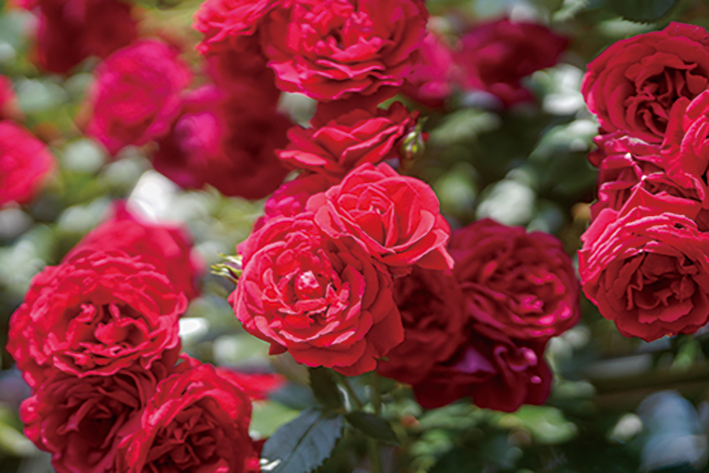

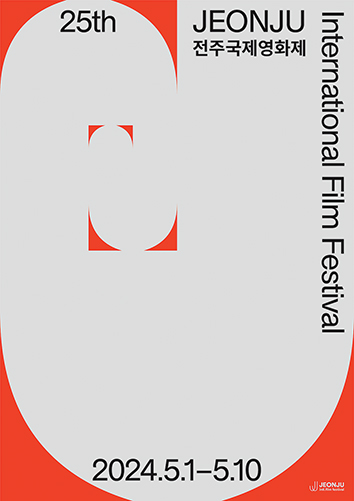
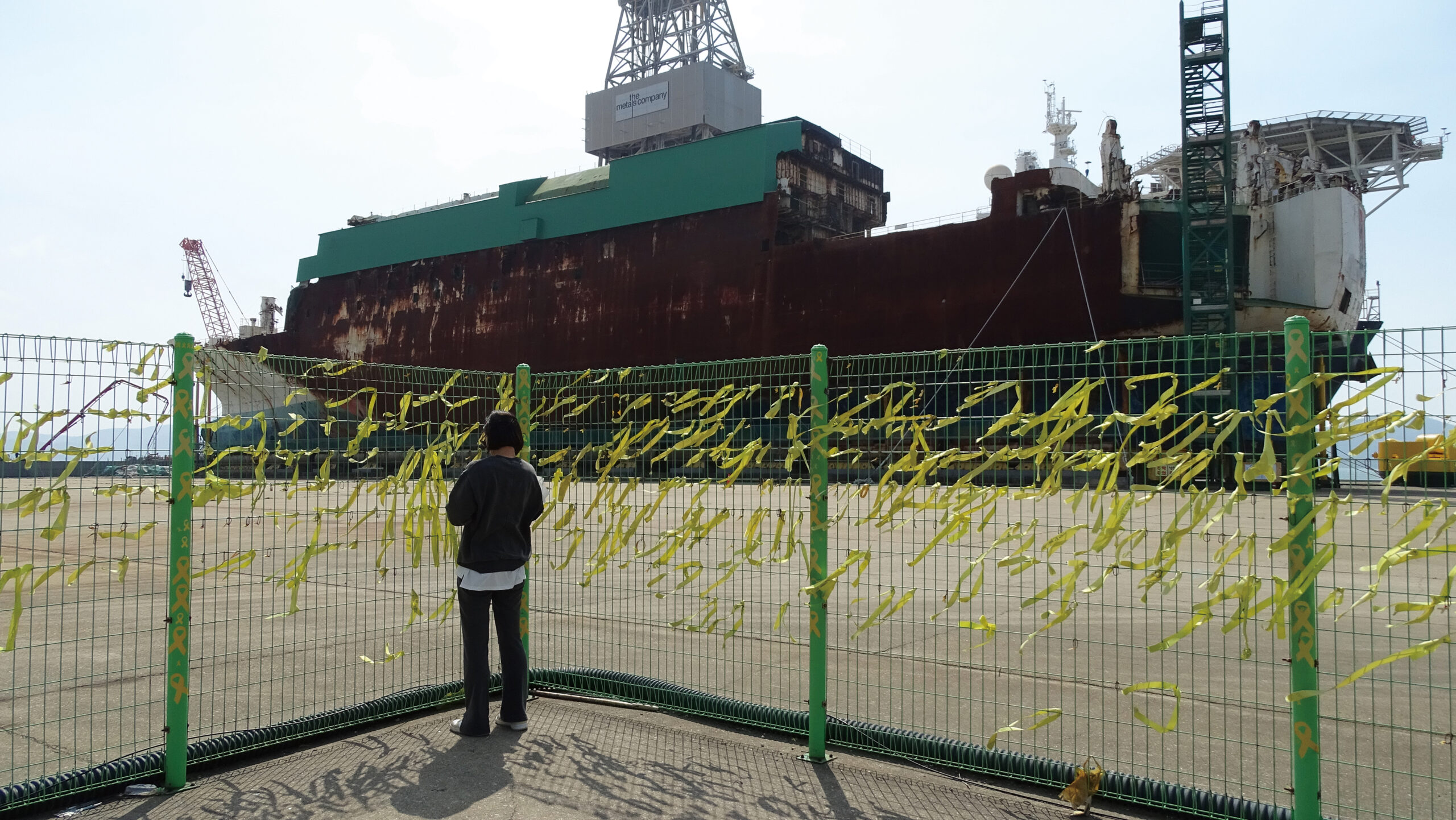
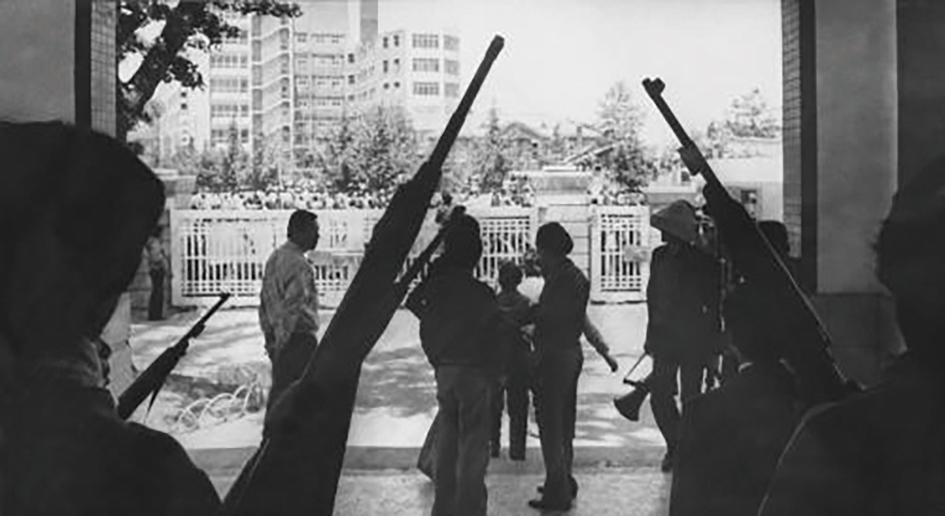


What a powerful article you created. There are numerous ugly sides in the process of the economic development of Korea. The best of the worst has been created by the unreasonable greediness. They are still with us waiting for serious measures. But there are so many ills to handle for our limited capacity.